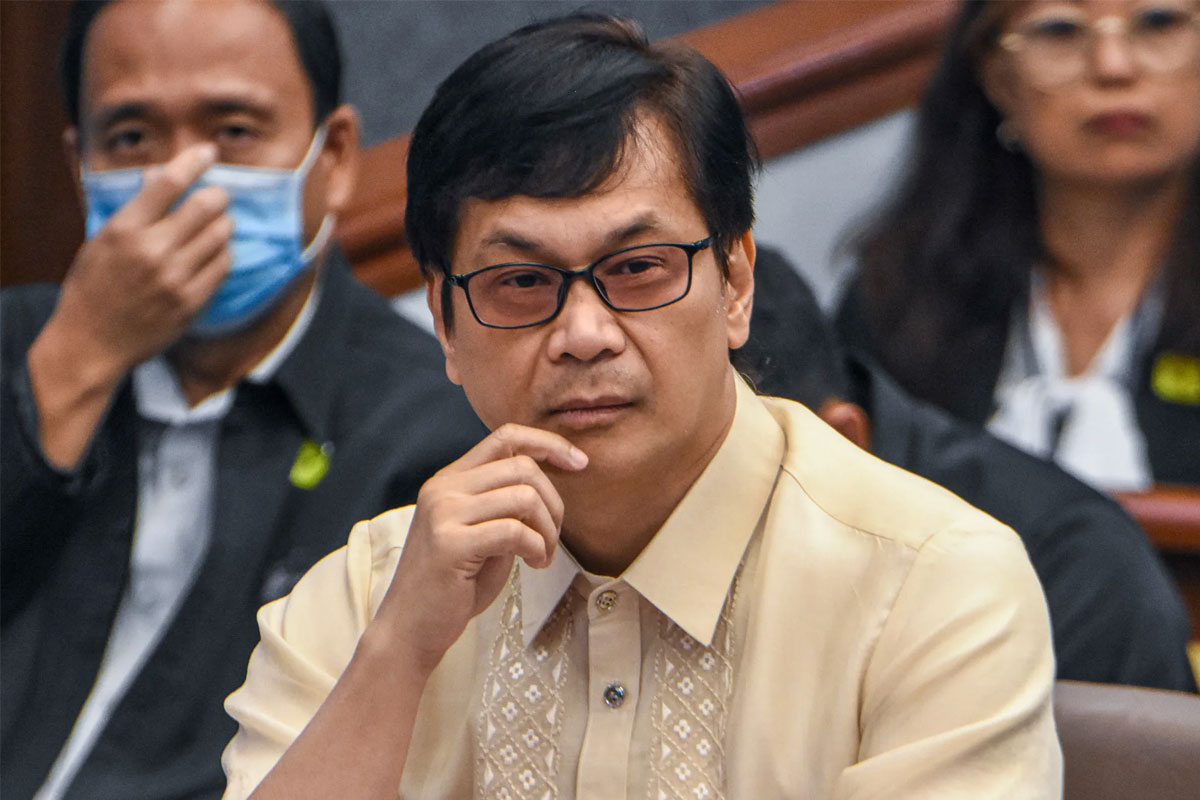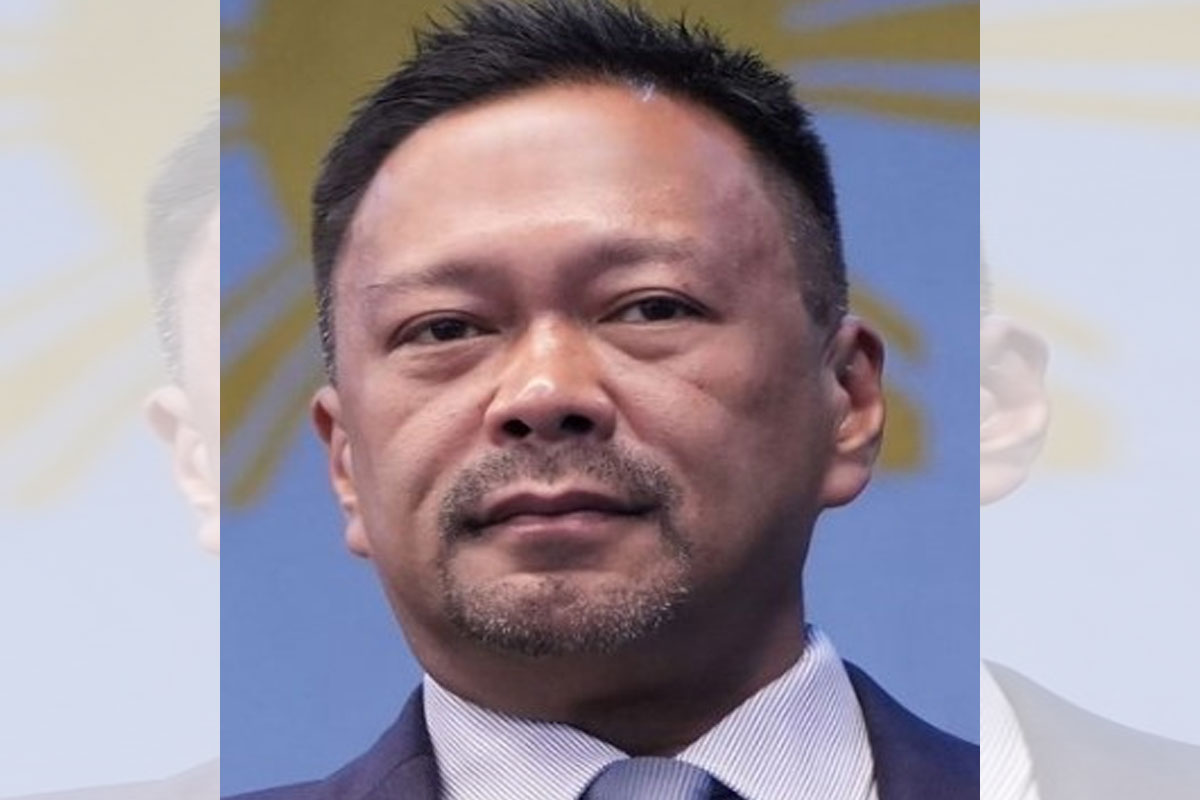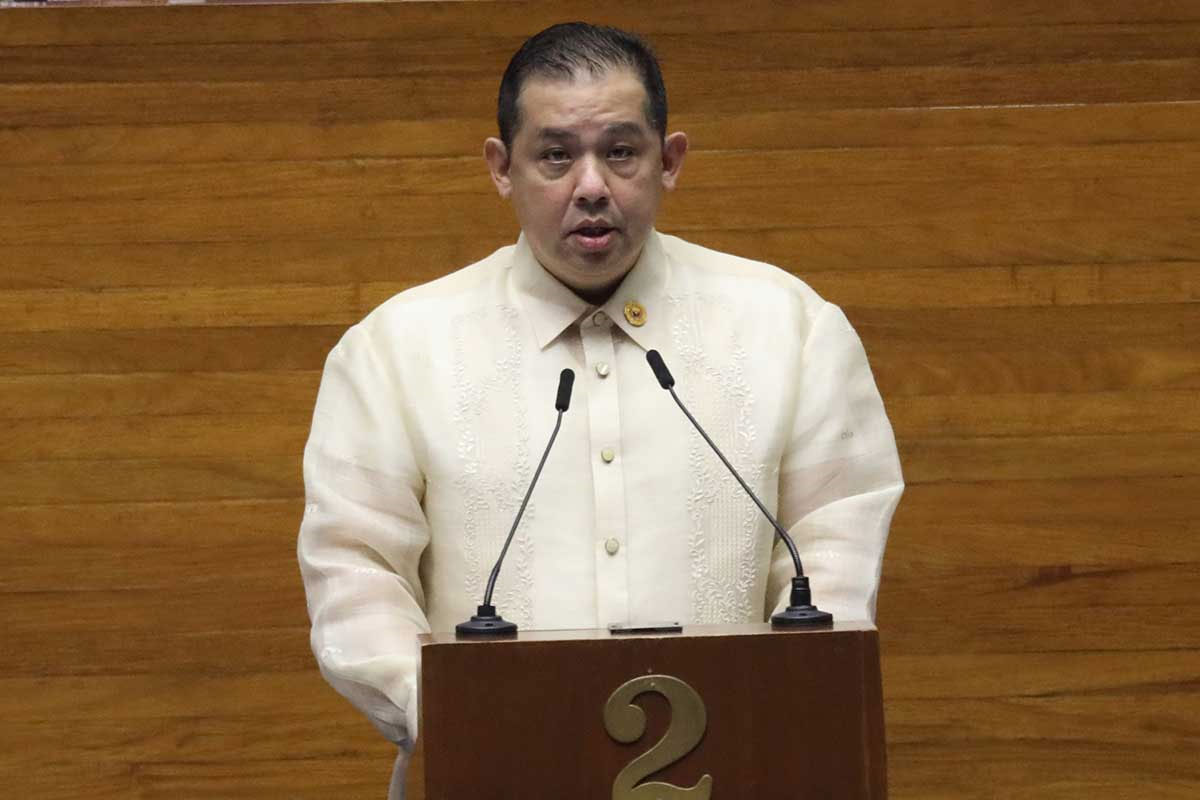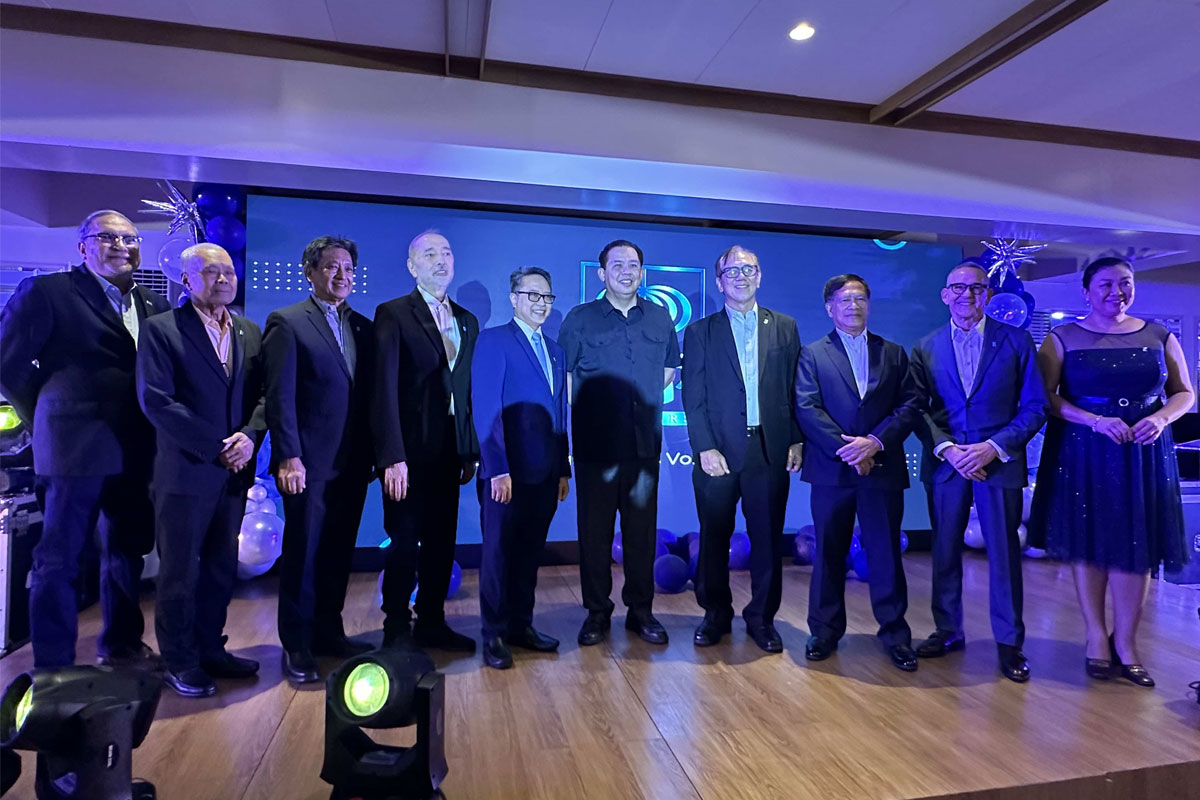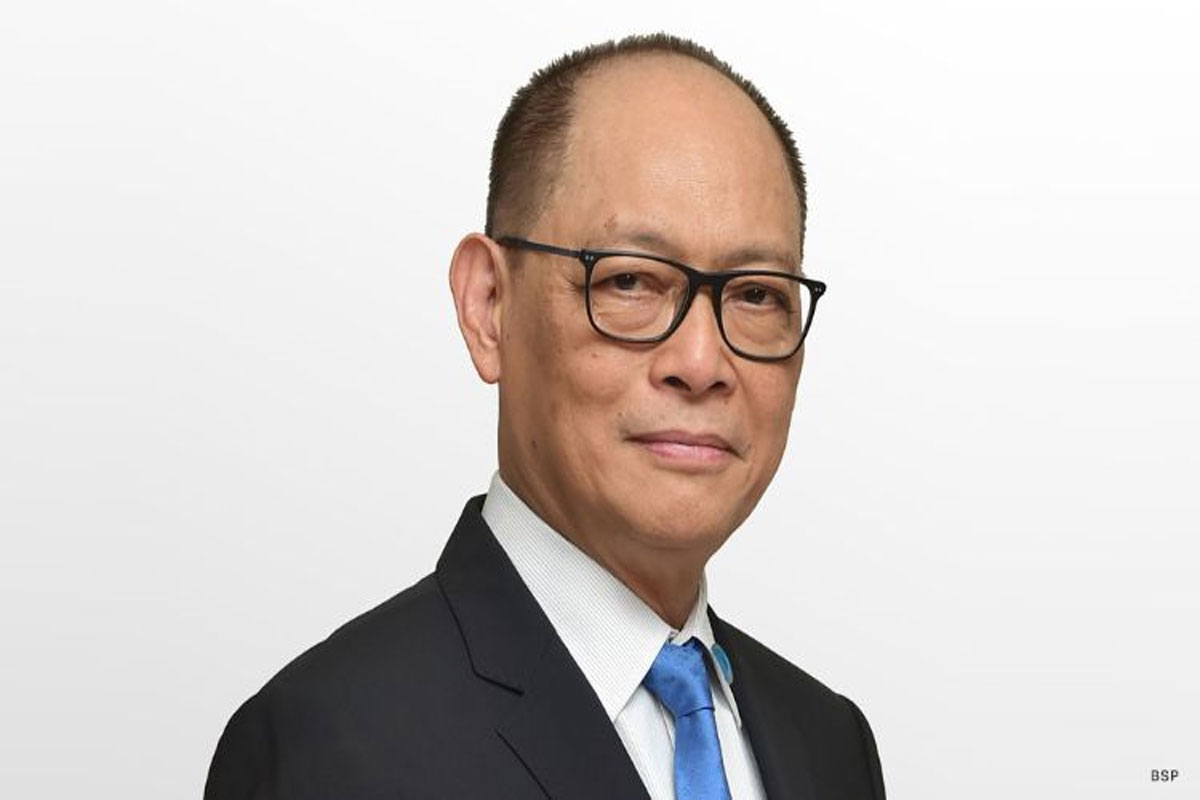
Maharlika fund bill refined
Diokno: Economic managers strongly support MIF creation
THE proponents of the Maharlika Investment Fund (MIF) bill in the House of Representatives on Friday introduced more refinements to the measure as economic managers expressed support for the proposed law.
In a press briefing, Finance Secretary Benjamin Diokno said the country’s economic managers “strongly support” the creation of the MIF to generate additional income for the government.
During the House Committee on Appropriations hearing, MIF proponents formally removed the Government Service Insurance System (GSIS) and the Social Security System (SSS) as fund sources.
This was finalized when the panel, led by chairman Ako Bicol Party-list Rep. Elizaldy Co, approved during a public hearing the funding provision of the still unnumbered bill on the MIF.
Marikina City 2nd District Rep. Stella Quimbo, one of the authors of the MIF and senior vice chairperson of the appropriations committee, made the motion to amend the funding provision as contained in Section 9.
Originally, government financial institutions (GFIs) the GSIS, SSS, Land Bank of the Philippines (LBP), Development Bank of the Philippines (DBP) and the National Treasurer were supposed to pool money to raise the P275-billion start-up fund as provided for by House Bill (HB) No. 6398.
But under the unnumbered bill, the Bangko Sentral ng Pilipinas (BSP) will now be a fund source of the MIF, joining the LBP and DBP.
The LBP will contribute P50 billion, while the DBP will contribute P25 billion.
During the hearing, BSP Deputy Gov. Francisco Dakila Jr. proposed a flexible setup wherein the BSP will contribute from its declared dividends to the MIF’s start-up fund.
BSP lawyer Leila Rivera explained to the House panel that the BSP declares dividends in the amount of 50 percent of its income.
Rivera said that for the year 2022, its estimated income is P60 billion to P70 billion which would translate to dividends of P30 billion to P35 billion.
“After na mapondohan na ‘yun, ang proposal ay magkaroon ng 50-50 sharing between BSP’s capitalization and the funding source for the (MIF) until such time that the BSP is fully capitalized,” Dakila said.
“Once ma-fully capitalized na ang BSP, ‘yung declared dividends of the BSP to the national government may be earmarked wholly to fund the (MIF),” he added.
Dakila assured the congressmen that the BSP’s proposal would not affect the country’s international reserves.
“The dividends remitted by the BSP to the national government are in Philippine peso, while the GIR (gross international reserves) is denominated by foreign currency, so the GIR will not be affected at all,” Dakila explained, as he also reiterated the BSP’s support for the MIF.
The Philippine Amusement and Gaming Corporation (PAGCOR) is also mandated to contribute 10 percent of its online gaming proceeds to the MIF.
Representatives from the LBP, DBP and PAGCOR formally expressed their support for the creation of the MIF during the hearing.
Finance Sec. to manage sovereign investment fund
Meanwhile, the Department of Finance secretary will replace the Philippine President as chairman of the board of governors in the approved unnumbered bill.
Opposition lawmakers welcomed the amendment that would serve to insulate the MIF from politics.
Committee on Banks and Financial Intermediaries chair, Rep. Irwin Tieng, also disclosed that the 15-man board would have four, instead of the original two, independent directors.
However, he said this amendment would be formally taken and likely adopted during the next hearing of his committee.
Likewise, the Appropriations panel approved Quimbo’s proposal to exclude the General Appropriations Act as one of the mandatory sources of funding for the MIF.
“The provision shall be deleted in toto,” said Quimbo.
Opposition lawmaker Rep. Paul Daza from Northern Samar said the minority bloc in the House would likely be in full support of such an amendment to the proposed measure.
MIF important to economy
Quimbo, in her sponsorship speech before the panel, reiterated the importance of the MIF amid the current socio-economic landscape.
She noted that instead of imposing an additional tax burden to the people, the establishment of the MIF provides an alternative source of revenue that can be used to fund critical government projects.
“That is precisely the goal of a sovereign wealth fund. The bill creates an investment vehicle that will pool surplus funds of the government and ensures that it will be managed professionally and transparently,” Quimbo pointed out.
With the expected high profits from the MIF, Quimbo said the government can ultimately deliver highly effective programs on health, education, food security, social protection, job creation and poverty reduction.
Quimbo also reiterated that the bill has sufficient safeguards to ensure the viability of the fund and prevent abuse.
Among others, the MIF bill requires the Board to engage internal and external auditors even as its books are also subject to the scrutiny of the Commission on Audit.
In addition, there is a Joint Congressional Committee to monitor the implementation of the MIF law, a requirement to report to the President on the fund performance, a risk management unit to ensure a balance between risk and rewards, and a cap on administrative and operating expenses of the MIF.
“The bill creates an investment vehicle that will pool surplus funds of the government and ensures that it will be managed professionally and transparently. Mamumuhunan tayo sa financial investments at sa mga proyekto na mataas ang tubo pero bitin ang kapital. Mr. Chair bitin ang kapital mula sa private sector dahil sa laki ng capital expenses,” Quimbo said.
“A sovereign wealth fund will be a gamechanger as a mechanism for raising funds. Imbes na hiwa-hiwalay ang galaw ng investments ng GFIs, mabuting pagsama-samahin ang investible funds nito para ma-manage professionally at ipuhunan sa malalakas na negosyo para mas mataas ang tubo. This investment vehicle will ensure that government is able to maximize returns to investments of funds that are not currently needed by GFIs and GOCCs (government-owned and -controlled corporations). These additional investment returns can be used to augment the national budget to fund our ever growing needs as a nation,” Quimbo added.
The main authors of the unnumbered bill are House Speaker and Leyte 1st District Rep. Martin G. Romualdez, Majority Leader and Zamboanga City 2nd District Rep. Mannix Dalipe, Committee on Accounts Chairperson and Tingog Party-list Rep. Yedda Marie K. Romualdez, Deputy Majority Leader and Tingog Party-list Rep. Jude Acidre, Committee on Banks and Financial Intermediaries Chairman and Manila 5th District Rep. Irwin Tieng, Committee on Ways and Means Chairman and Albay 2nd District Rep. Joey Salceda, and Quimbo.






